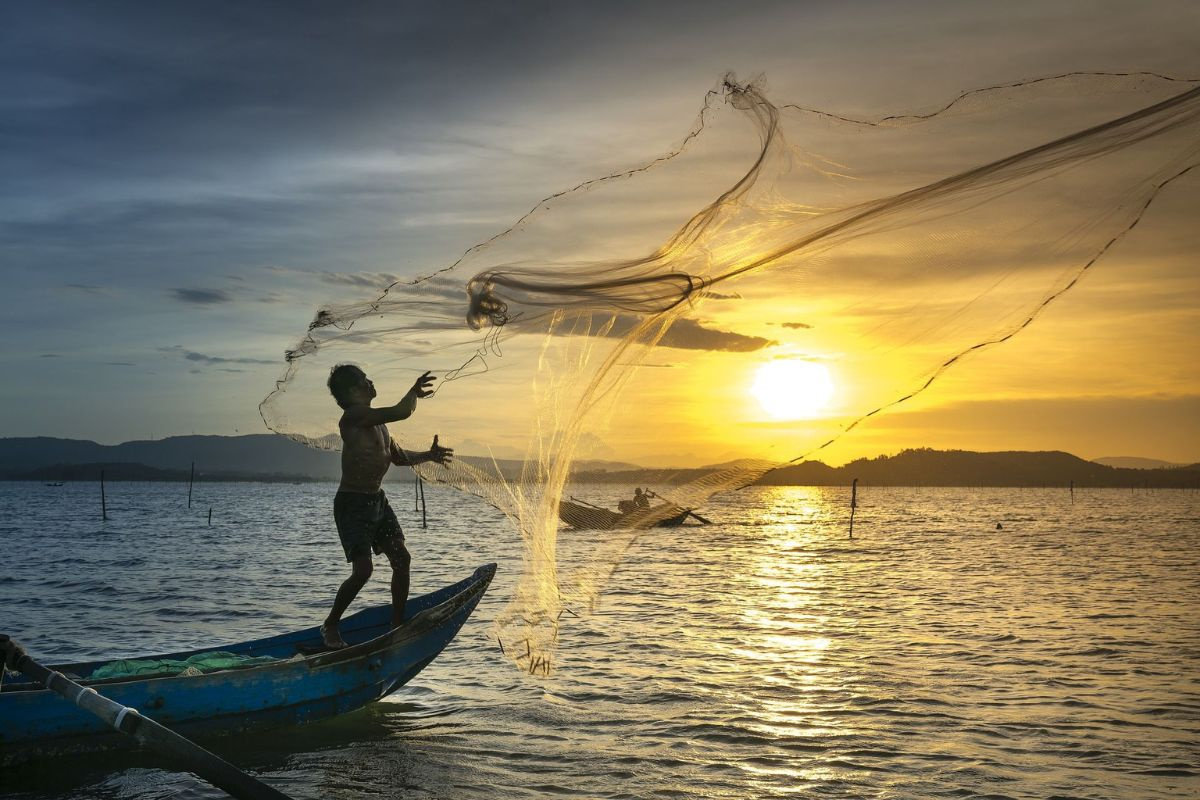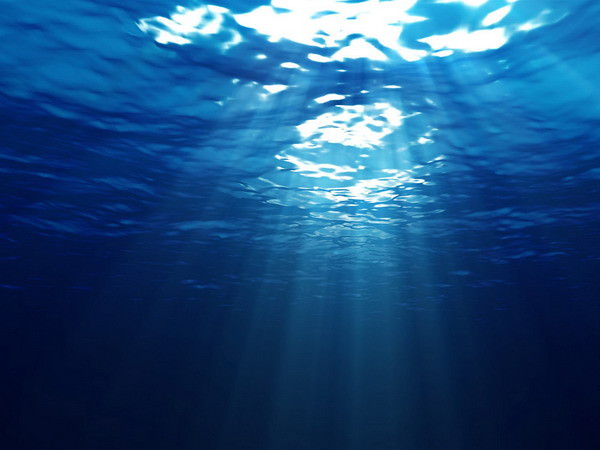
Frequently Asked Questions
Yes. All products such as whole flattened squid, shredded seasoned squid, crispy rolled squid, and ultra-spicy ZAPMUK – are made from 100% real squid, with no flour fillers and no harmful preservatives. Ola Squid complies with international food safety standards and holds official quality certifications.
Yes. We deliver across Vietnam, with delivery times ranging from 2 – 5 days. See details in our Shipping Policy.
Visit olasquid.com, select your products, add them to your cart, enter shipping details, choose a payment method, and confirm your order. See details in our How to Shop guide.
Yes. You may return or exchange products within 7 days if the product is defective, incorrect, or missing items. See details in our Return Policy.
Our products are suitable for all ages, especially young people who love healthy snacking. ZAPMUK ultra-spicy is ideal for those who enjoy intense heat, while crispy rolled squid makes a perfect gift.
Yes. We frequently run offers such as Buy 2 Get 1 Free or free shipping. Follow our Promotions section or our Ola Squid fan page for updates.

Minimum order Quality
Store in a cool, dry place away from direct sunlight. Reseal the packaging after opening to maintain freshness.
- Shredded seasoned squid: Use as a topping for salads, gỏi, or mixed dishes.
- Whole flattened squid: Snack on directly, enjoy with beer, or lightly grill for extra flavor.
- Crispy rolled squid: Serve with dipping sauce or give as a gift.
- ZAPMUK ultra-spicy: Perfect as a party snack or spicy treat.
Our squid is harvested from clean seas in Thailand, ensuring freshness and meeting export standards. The raw materials are carefully selected for the highest quality.
Yes. Products are made in modern factories certified with HACCP and ISO 22000. The process is fully closed from preparation to packaging ensuring hygiene and quality.
No. Ola Squid uses natural seasonings to create its signature taste. Products like ZAPMUK ultra-spicy use natural chili for pure, authentic heat.
Each batch has a traceability code and quality certification from reputable authorities. You can check details on the packaging or contact info@olasquid.com for more information.


 Tiếng Việt
Tiếng Việt ไทย
ไทย